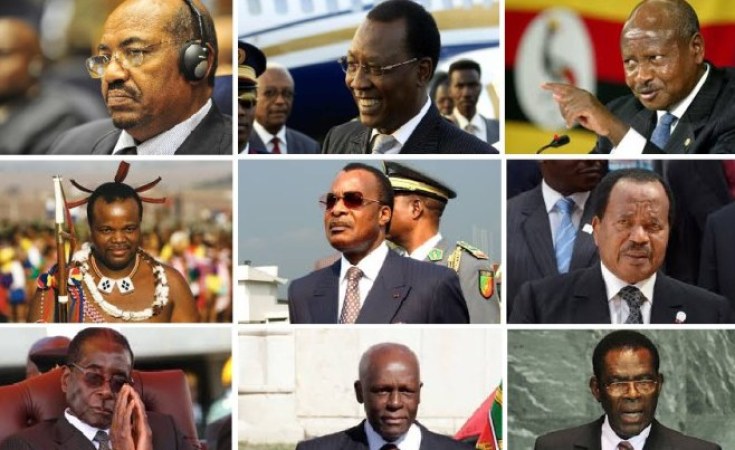During the 2016 presidential elections in Benin, then candidate and current president Patrice Talon promised that, if elected, he would only serve one term and would also amend the constitution to make 'one non-renewable presidential term' compulsory. Once in office, President Talon's attempts to introduce this in the constitution failed. However, he has gotten backing among one-term limit proponents such in the African intelligentsia such as Babacar Gueye, a Professor in Senegalese Constitutional Law. Though I'm in favor in limiting presidential terms, a position that I have defended on several occasions, I am against the one term limit for a number of reasons.
One term limit advocates argue that it encourages the elected president to focus on implementing the agenda they campaigned on as opposed to prioritizing their re-election thus improving governance. The desire for re-election, which some deem as an obsession, is said to lead to the abuse of public resources, the harassment of political opponents and the lack of political will to initiate necessary key but unpopular reforms.
Despite this, I do not believe that the one term limit is the best solution for a number of reasons. Recent political history has shown that not running for office (i.e. not being allowed to run again for office) doesn't always benefit and improve governance. In countries with two term limits, the second terms should be virtuous terms and there should be less corruption and more bold and unpopular reforms should be made. However, this hasn't been the case in countries such as Benin, Cape Verde, Ghana, Liberia, Senegal and Sierra Leone where presidents have taken on a second and last term.
In Latin America, where the single term was fashionable in at least 15 countries in the 1980s, most of the countries that had a one term limit returned to having two terms or even a three term limit (except in 2 or 3 countries).
Moreover, if, during a one-term limit, it's possible to put in place mechanisms to prevent and/or sanction abuses of power, these same mechanisms should be able to apply within the framework of multiple terms. This is not specific to a one-term limit.
On the other hand, in the absence of re-elections, mechanisms must be put in place to discourage the sitting president to be 'content' with the power the position wields and instead work on leaving a long lasting legacy. The political history of our continent has amply demonstrated that, even when presidents remain in power indefinitely, the concern to leave a positive legacy that has lasting positive impacts on society is not always a priority.
Finally, with the enormous difficulties faced by most African democracies in keeping term limits at 2, it is hard to imagine how to credibly limit it to a single term. The experience of Latin America as well as the opportunist revisions of constitutions on the continent are there to remind us that it is not simple.
In the absence of credible mechanisms to battle impunity, it is unrealistic to expect a one term limit to help improve governance. A president, once elected, may well be satisfied with the status quo, embracing the privileges of the power and even abusing it given the impunity that characterizes most countries in West Africa.
Electoral systems in our countries that encourage inclusion (e.g. the two-round system) would lose their credibility if, once elected, the president no longer needed the support of the coalition that was needed to get him elected in the first place. This is likely to lead to dynamics within the political class and political instability.
By Mathias Hounkpe, Program Manager of the Political Governance and Democratic Consolidation Program at OSIWA (@Coffi_12)


